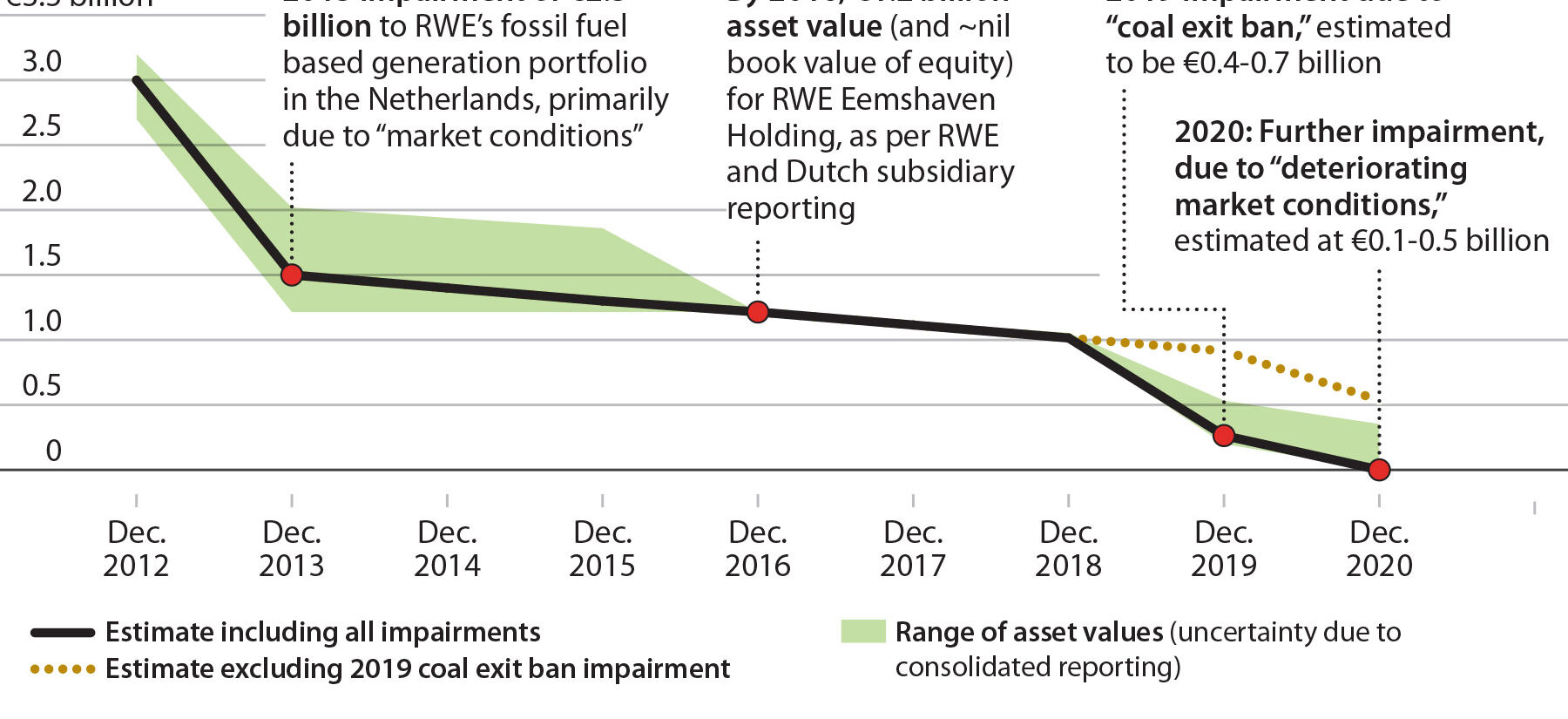
Research undermines billion euro “compensation” claims by German energy companies for Dutch coal phase-out
German energy giants RWE and Uniper are using the Energy Charter Treaty to seek compensation for poor investment decisions in the Netherlands. The billion-euro claims the companies have filed against the Dutch government in response to the Dutch coal phase-out do not reflect the declining value and profitability of their coal-fired power power plants in the Netherlands. According to research by Ember, IEEFA and SOMO, the energy companies were already drastically devaluing their plants years before the 2019 Dutch coal phase-out law. In addition, the plants have been making losses for the past two years and are expected to consistently run at net losses from 2022.
Seeking compensation for stranded assets
“These companies could have foreseen CO2-reducing measures years ago, yet they willingly decided to open brand new coal plants in 2015 and 2016. They are now saddled with stranded assets, which they seek to shift to Dutch taxpayers by using the Energy Charter Treaty. This is the total opposite of what should be happening: they should be held accountable for contributing to global warming and climate change”, says Bart-Jaap Verbeek from SOMO.
In February 2021, RWE lodged a claim against the Netherlands under the Energy Charter Treaty (ECT), seeking €1.4 billion in compensation for damages resulting from the 2019 Dutch law to phase out coal. Uniper is preparing a similar claim under the ECT, and referred earlier to expected damages of between €850 million and €1 billion. Both RWE and Uniper are also suing the Dutch state in the national courts. A third company, US private equity investor Riverstone, is currently negotiating with the government on compensation for early closure of its plant.
Despite increased climate commitments and worsening market conditions for coal, the three energy companies put brand-new coal-fired power plants into service in 2015 and 2016. They stated at various times that the plants have cost a total of more than €6 billion and that their plants will only be half depreciated by 2030. However, a new look at the figures suggests that the three plants are already operating at a loss and have been largely written-down. This is not only due to the Dutch coal phase-out law, but also in large part to the uncompetitive economics of coal-fired energy generation in general, driven by a rising carbon price and cheaper energy generation from renewables and gas-fired power plants.
Power generation by these three plants has been decreasing over the past three years. Profits have plummeted since 2018, resulting in combined net losses of €78 million in 2019 and 2020. The plants are expected to operate at net annual losses from 2022. By 2030, they will have accrued combined total net losses of at least €470 million.
The Dutch government is bound by the Paris Climate Agreement and a Dutch court ruling to reduce CO2 emissions by 25% by 2020. The Dutch government offered a maximum compensation of €512 million to RWE and €351 to Uniper for early closure of their plants, which neither company accepted. Furthermore, the companies had promised to apply large-scale carbon capture and storage (CCS) to mitigate the additional emissions and the Dutch government made it clear that it expected the plants to be “capture ready”. Despite receiving millions of euros in subsidies, the companies failed to do so and freely continued construction of their plants.
Do you need more information?
-

Bart-Jaap Verbeek
Researcher
Partners
-
Ember
-
IEEFA
Related content
-
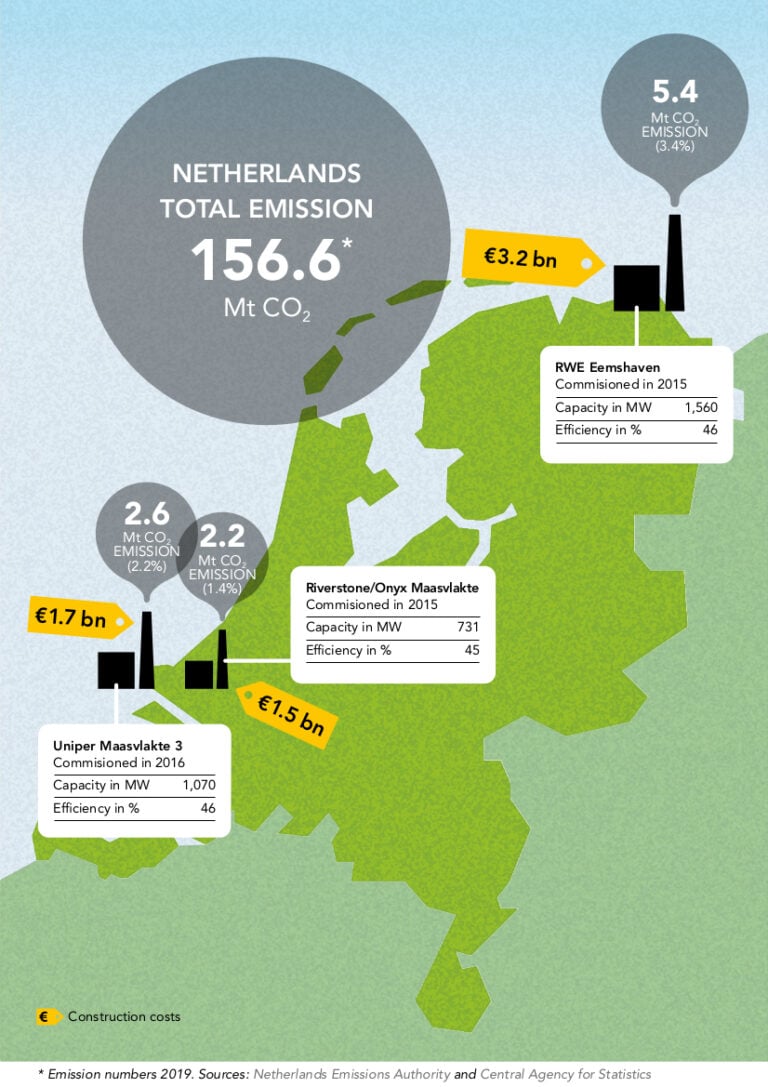
-
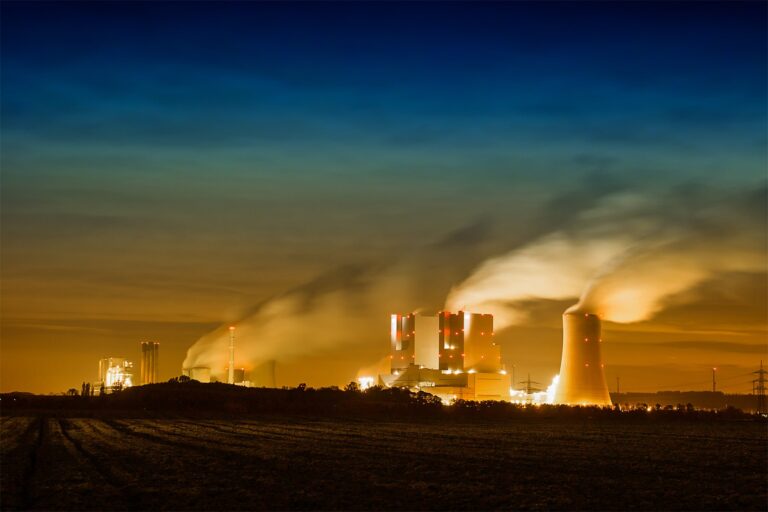 Coal company sues the Netherlands over controversial investment treatyPosted in category:NewsPublished on:
Coal company sues the Netherlands over controversial investment treatyPosted in category:NewsPublished on: -
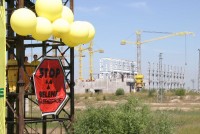 German energy giant RWE withdraws from Bulgarian nuclear power plantPosted in category:NewsPublished on:
German energy giant RWE withdraws from Bulgarian nuclear power plantPosted in category:NewsPublished on: -
“Super-protections” for corporations Published on:
 Bart-Jaap VerbeekPosted in category:Publication
Bart-Jaap VerbeekPosted in category:Publication Bart-Jaap Verbeek
Bart-Jaap Verbeek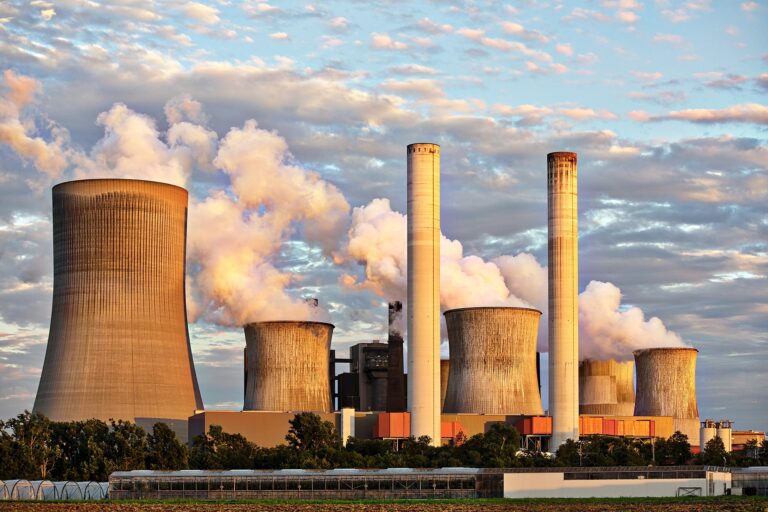
-
 Busting the myths around the Energy Charter TreatyPosted in category:News
Busting the myths around the Energy Charter TreatyPosted in category:News Bart-Jaap VerbeekPublished on:
Bart-Jaap VerbeekPublished on: -
Let the energy transition be a fair and truly sustainable transitionPosted in category:Opinion
 Joseph Wilde-RamsingPublished on:
Joseph Wilde-RamsingPublished on: Joseph Wilde-Ramsing
Joseph Wilde-Ramsing -
NGO letter to the World Bank on mining and renewable energyPosted in category:Published on:Statement

